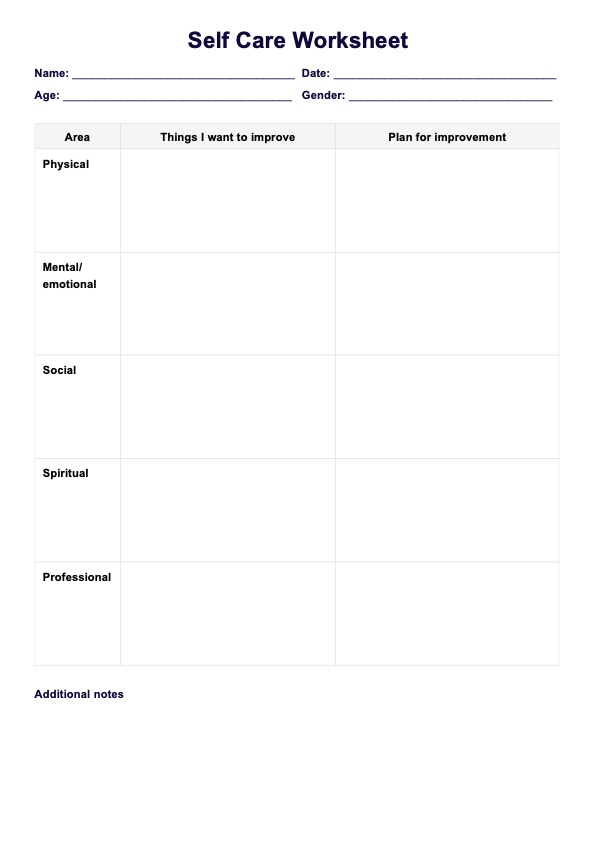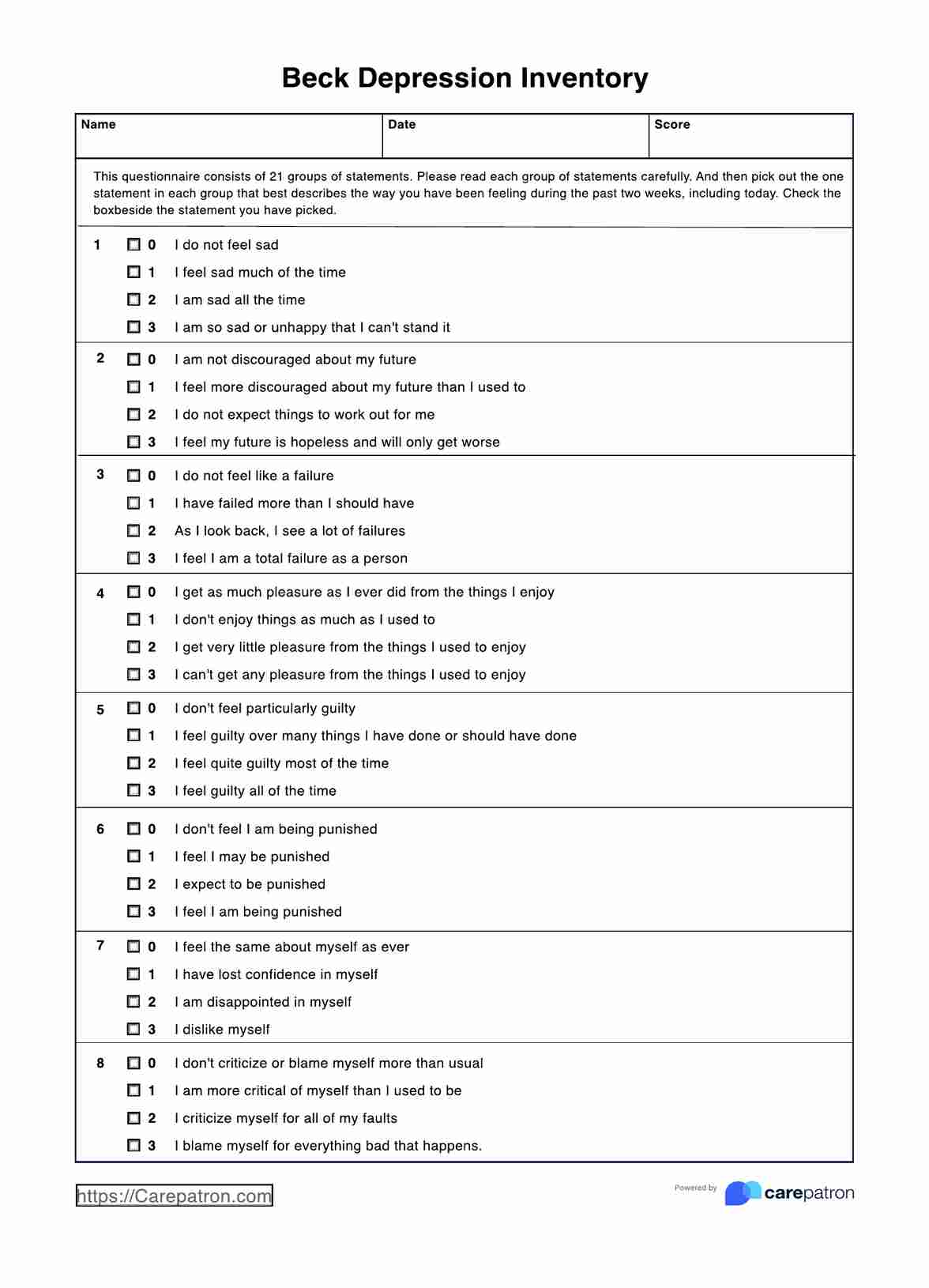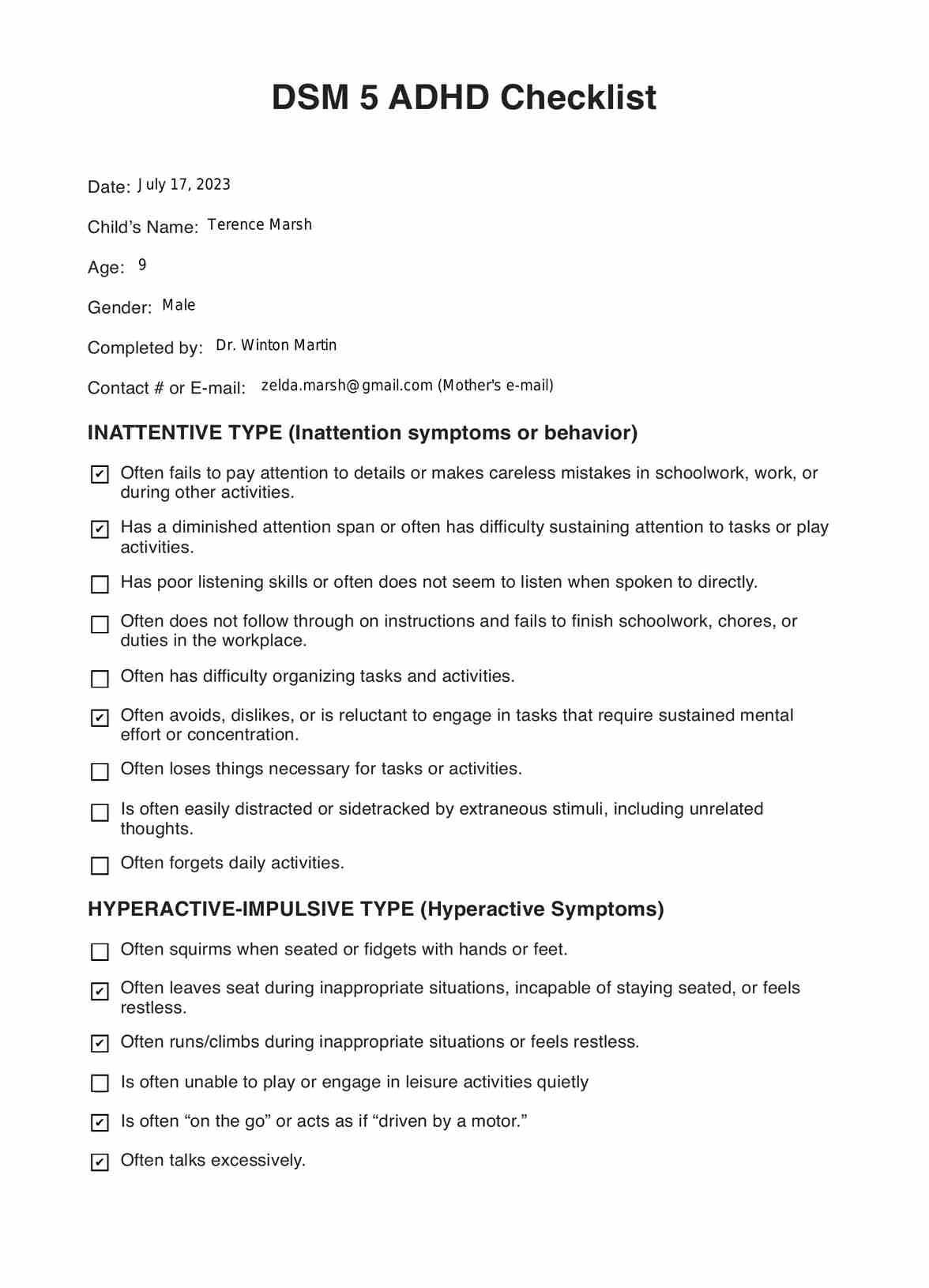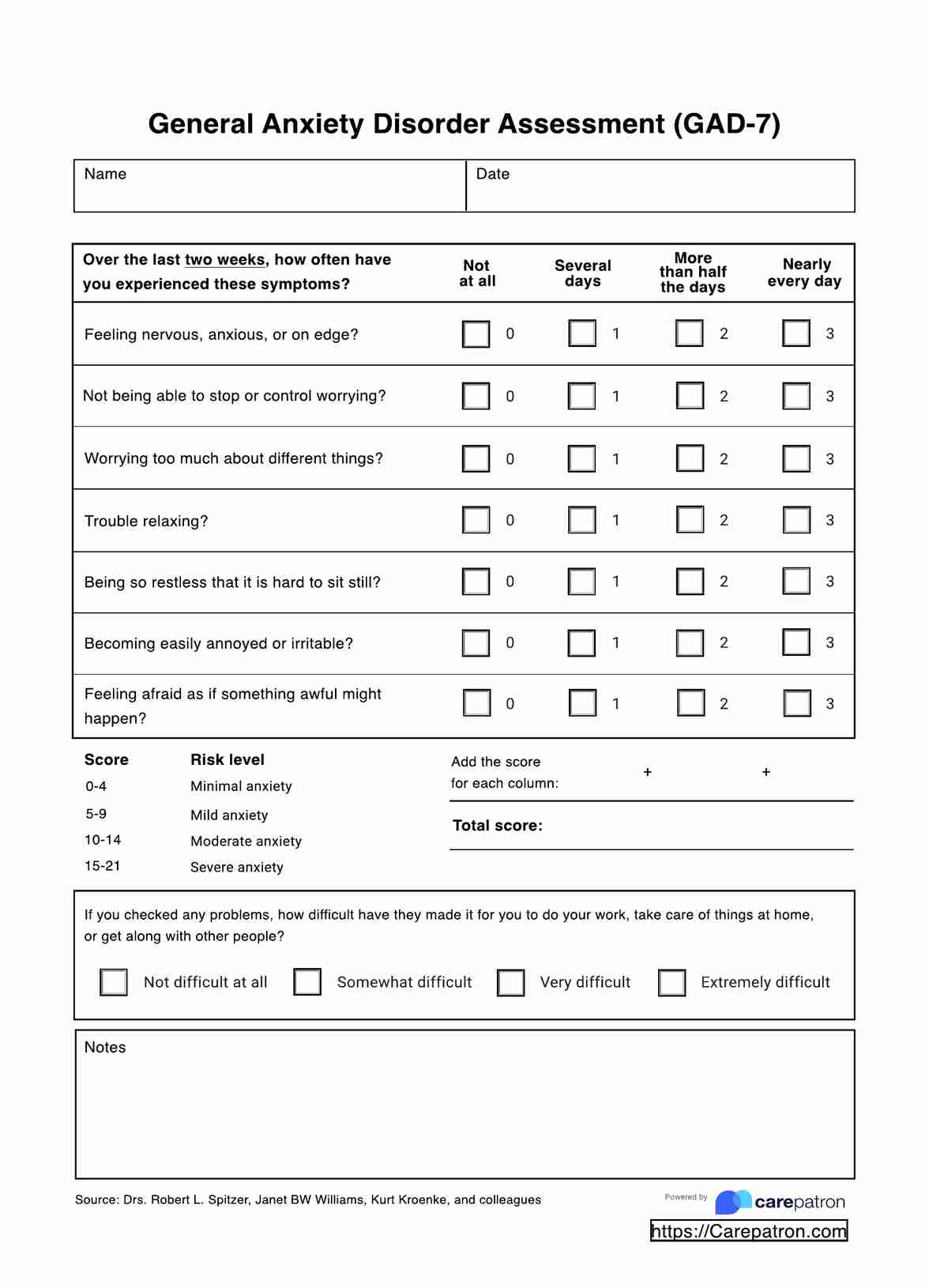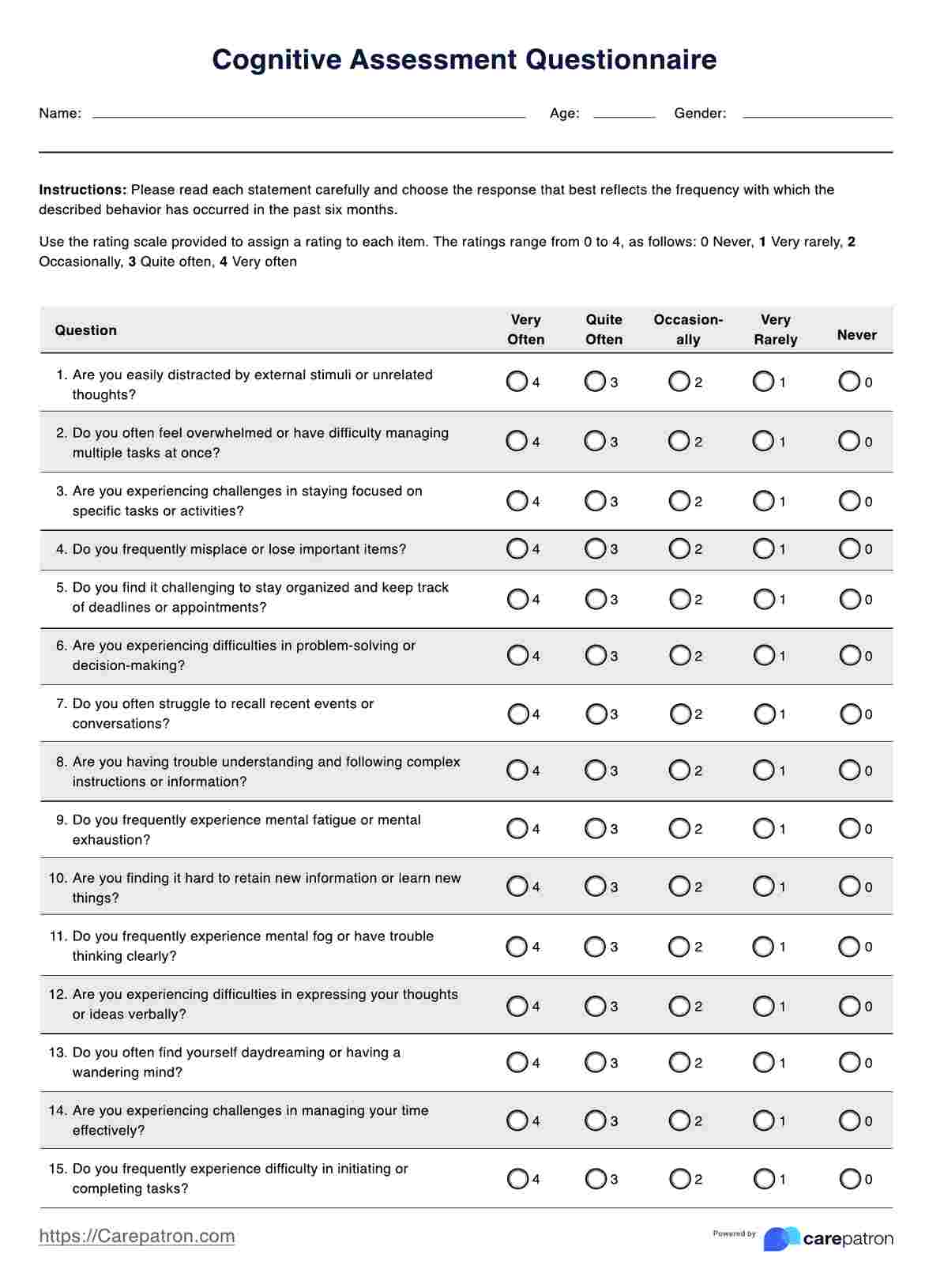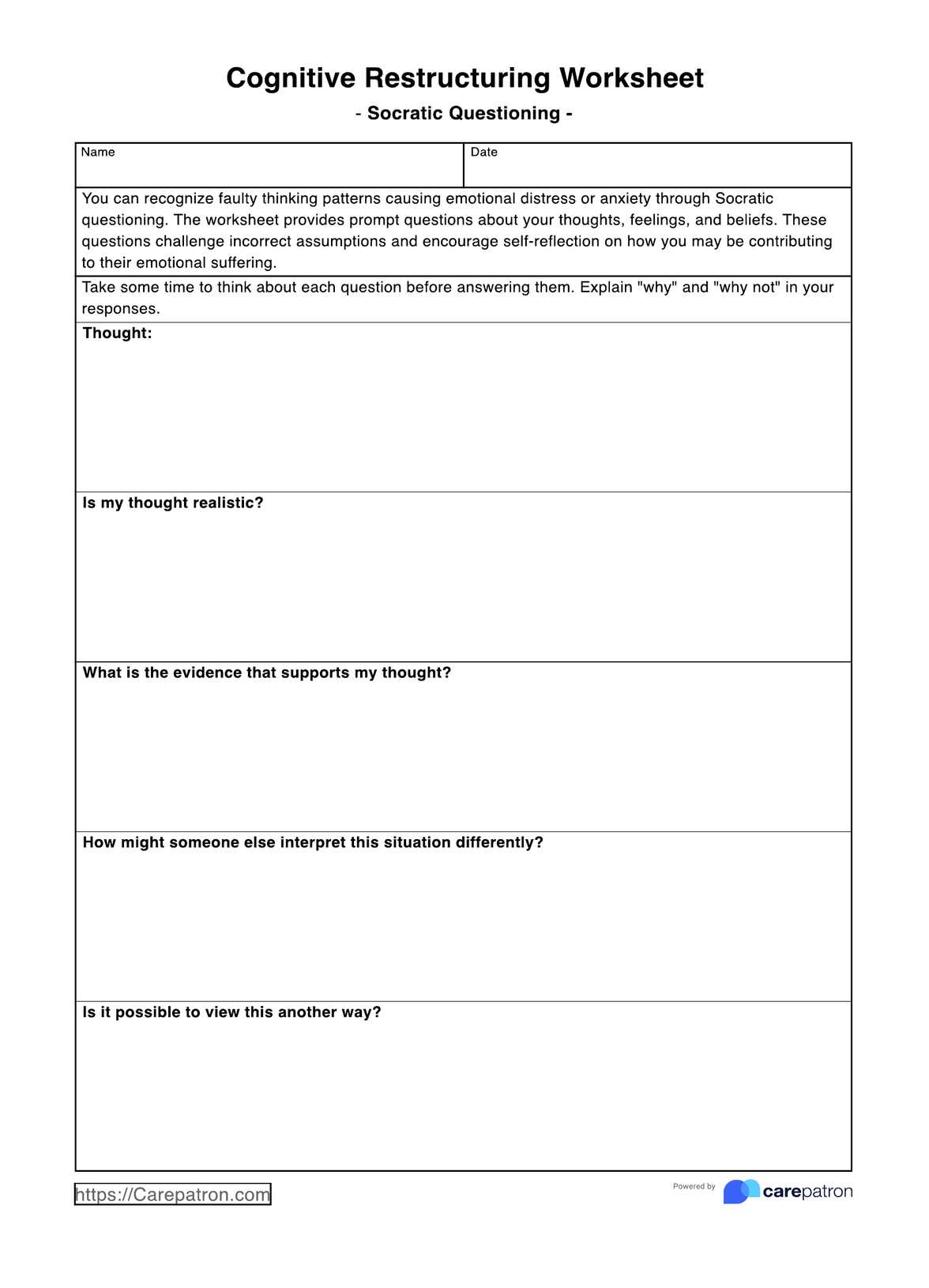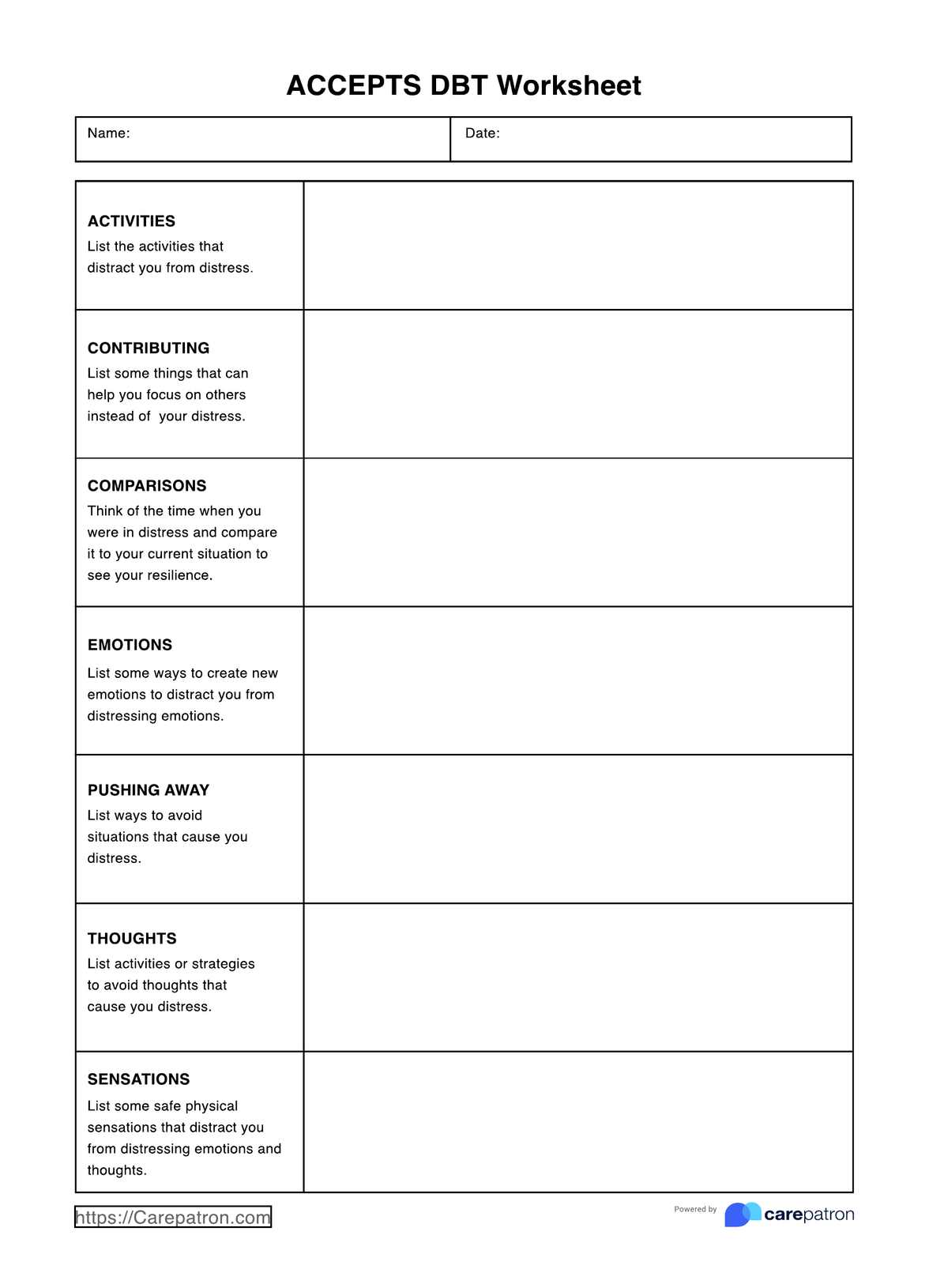Feelings Thermometer
Explore the benefits of Feelings Thermometers, an effective tool to foster emotional literacy. Learn how Carepatron integrates it for optimal emotional health.


What is a Feelings Thermometer?
The Feelings Thermometer is a highly practical tool extensively employed in cognitive behavioral therapy, mental health counseling, and educational settings. It is designed to help individuals, especially children, comprehend and articulate their emotions.
The Feelings Thermometer illustrates a broad emotional spectrum, ranging from calm and relaxed to high-intensity emotions like anger or stress. This intuitive interface provides a tangible measure of one's emotional state, enabling users to locate their feelings.
More than just a visual guide, the Feelings Thermometer is an engaging platform that promotes emotional literacy. It aids in recognizing, understanding, and expressing one's emotions, fostering open and improved communication about feelings. By using this tool, individuals gain a greater awareness of their emotional health, leading to better emotional management.
Integrating tools like Feelings Thermometers into regular practice is becoming increasingly streamlined in the modern, fast-paced healthcare environment. This integration is primarily due to advancements in electronic health record systems like Carepatron. When used with other state-of-the-art healthcare technologies, Feelings Thermometers amplify patient understanding and engagement, ultimately leading to more effective care delivery.
Feelings Thermometer Template
Feelings Thermometer Example
How does it work?
A Feelings Thermometer operates on a straightforward principle, resembling a traditional thermometer's layout, with a vertical or horizontal gradient marked with various emotions. These emotions span from a state of tranquility to severe distress.
Here's an in-depth look at how to utilize a Feelings Thermometer:
Understand the Emotional Spectrum
First, you must understand the emotional spectrum that it represents. Each level of the thermometer corresponds to different emotional intensities, with the bottom indicating a state of calm or peace and the top signaling extreme emotions like anger or anxiety.
Identify Emotions
Once familiar with the spectrum, you must identify your current emotional state. This process requires honest self-reflection and can be a significant step towards acknowledging and addressing emotions, a crucial aspect of mental health.
Record Emotional States
After identifying your emotions, mark your current state on the thermometer. This marking can be done by coloring a certain level, placing a sticker, or using a movable clip on the gradient. This interactive feature allows users to connect with their emotions tangibly and creates a record for future reflection.
Reflect on Patterns
As you consistently record your emotional states, you can reflect on your emotions over time. This ongoing process enables the recognition of patterns, triggers, and effective coping strategies, contributing to a deeper understanding of one's emotional well-being.
Printable Feelings Thermometers are a versatile and accessible approach to this exercise. Individuals can print out the template and work on their emotional literacy at their own pace. Through regular use of such tools, users can develop emotional intelligence and resilience, helping them navigate life with increased awareness and confidence.
When would you use this Template?
The Feelings Thermometer template is an incredibly valuable tool for various individuals and professionals looking to promote emotional literacy and understanding. Its simple and intuitive design makes it an excellent resource for psychologists, counselors, teachers, parents, and anyone wishing to facilitate better emotional communication.
For Mental Health Professionals
Psychologists and counselors can use the feeling Thermometer during therapy sessions, especially with clients who struggle to verbalize their emotions. This tool can be instrumental in helping individuals articulate their feelings and understand their emotional responses. It offers a tangible way to track emotions over time, aiding in identifying patterns, triggers, and the effectiveness of coping strategies.
For Educators
Teachers can incorporate the Feelings Thermometer template into emotional literacy lessons in educational settings. It is a practical tool to teach children about different emotions and intensities. As a visual aid, it can significantly assist in making abstract concepts more understandable and engaging for students.
For Parents
Parents can utilize the Feelings Thermometer at home to encourage children to express their emotions openly. It can facilitate dialogues about feelings and emotions, helping children better understand and manage their emotional responses. Regular usage can foster emotional intelligence from an early age, equipping children with skills to navigate their emotions healthily and productively.
For Individuals
The Feelings Thermometer also benefits individuals seeking to improve their self-understanding and emotional literacy. By using the template regularly, individuals can gain better insight into their emotional patterns and triggers, enhancing their emotional regulation skills.
The Feelings Thermometer is a flexible, versatile tool suitable for anyone aiming to enhance emotional understanding and expression, whether in a professional setting or personal development context.
Benefits
Using our Free Feelings Thermometer template presents a myriad of advantages. Its versatility, simplicity, and efficacy make it a desirable tool for enhancing emotional literacy and understanding across various settings.
Promoting Emotional Literacy
Feelings Thermometers act as a roadmap to the emotional landscape, assisting individuals in identifying, understanding, and articulating their emotions. Doing so fosters emotional literacy, a critical skill for effective emotional management and healthy interpersonal relationships.
Enhancing Communication
The Feelings Thermometer provides a shared language for discussing emotions. This common vocabulary can improve communication, especially when expressing complex or overwhelming feelings. It can facilitate clearer conversations between therapists and clients, teachers and students, parents and children, contributing to enhanced understanding and empathy.
Fostering Self-Reflection
Regular usage of feeling Thermometers encourages self-reflection. Individuals can observe their emotional patterns over time, providing insights into their health. This ongoing reflection can boost self-awareness, a key element of emotional intelligence.
Aiding Emotional Regulation
Feelings Thermometers assist in emotional regulation by helping identify emotional triggers and the effectiveness of various coping strategies. Individuals can implement appropriate coping mechanisms by pinpointing high-intensity emotional states, fostering better emotional control.
Offering Versatility
Feelings Thermometers can be effectively used in numerous settings: therapy sessions, classrooms, or at home. Its flexible usage makes it a valuable tool for psychologists, educators, parents, and individuals.
Ensuring Accessibility
Many Free Feeling Thermometers are available online for easy use and accessibility — we have them at Carepatron too. These resources, available at a click, make this beneficial tool readily accessible to anyone wishing to enhance their emotional literacy and understanding.
Research & Evidence
Feelings Thermometers have their foundation in the principles of cognitive-behavioral therapy (CBT), one of the most thoroughly researched forms of therapy according to the American Psychological Association. CBT emphasizes the importance of understanding emotions to manage behaviors more effectively, a premise that Feelings Thermometers materialize as an accessible tool.
Tools similar to Feelings Thermometers, like mood charts, have historically facilitated emotional awareness in therapeutic contexts. Their evolution has led to the modern, simple, and effective Feelings Thermometer used in various settings - therapy rooms, classrooms, and homes.
A wealth of empirical evidence supports the efficacy of Feelings Thermometers. Research conducted by Dr. Marc Brackett at the Yale Center for Emotional Intelligence underscores the importance of emotional literacy in psychological health, a skill that Feelings Thermometers specifically aim to foster. The tool assists individuals in recognizing, understanding, and appropriately expressing their emotions, helping them navigate interpersonal relationships and emotional challenges more effectively.
Furthermore, Feelings Thermometers promote self-awareness, a crucial aspect of emotional regulation. The American Psychological Association has highlighted the role of self-awareness in emotional regulation, suggesting a link between the consistent use of Feelings Thermometers and improved emotional management.
Anecdotal evidence from therapists, educators, and parents also attests to the value of Feelings Thermometers. Many have reported improved communication and understanding of emotions in their practices and homes.
Feelings Thermometers stand as an effective tool for promoting emotional literacy and understanding.
Commonly asked questions
Feelings Thermometers are commonly used by psychologists, counselors, teachers, parents, and children to improve understanding and communication of emotions.
Feelings Thermometers can be used anytime an individual needs help understanding or expressing their emotional state. It can be particularly beneficial during therapy sessions or emotional literacy lessons.
The individual identifies their current emotional state on the thermometer and marks it. Over time, they can track their emotional states, recognize patterns, and develop effective coping strategies.

.jpg)
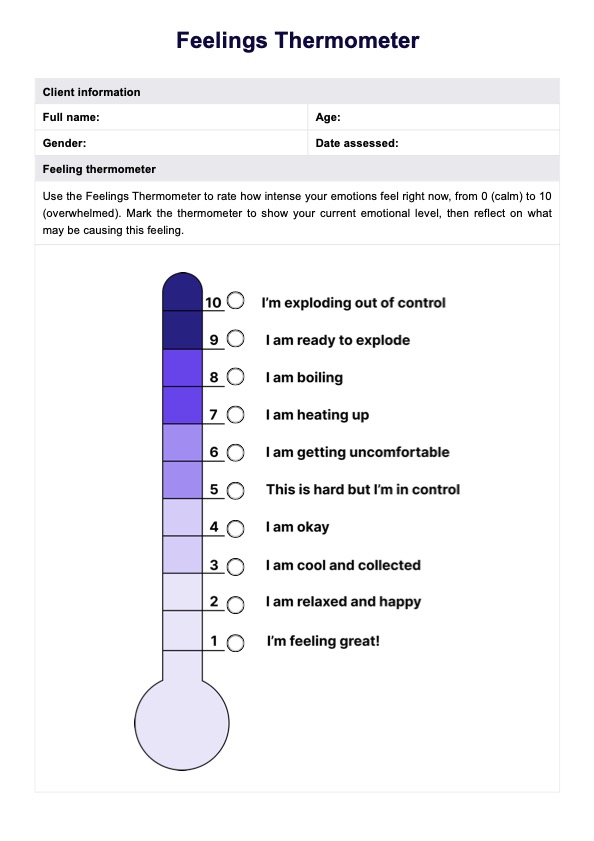


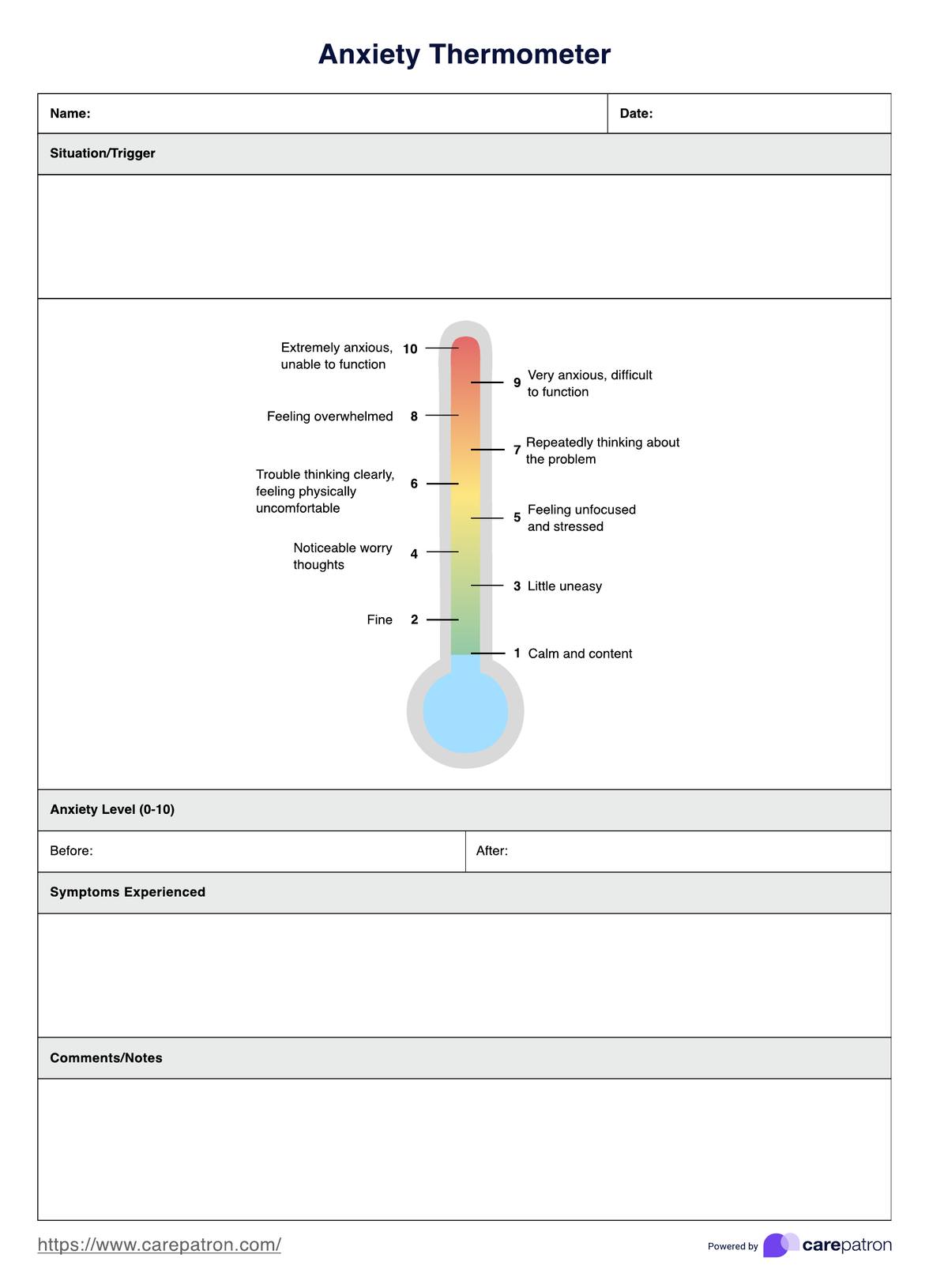













-template.jpg)






















































































